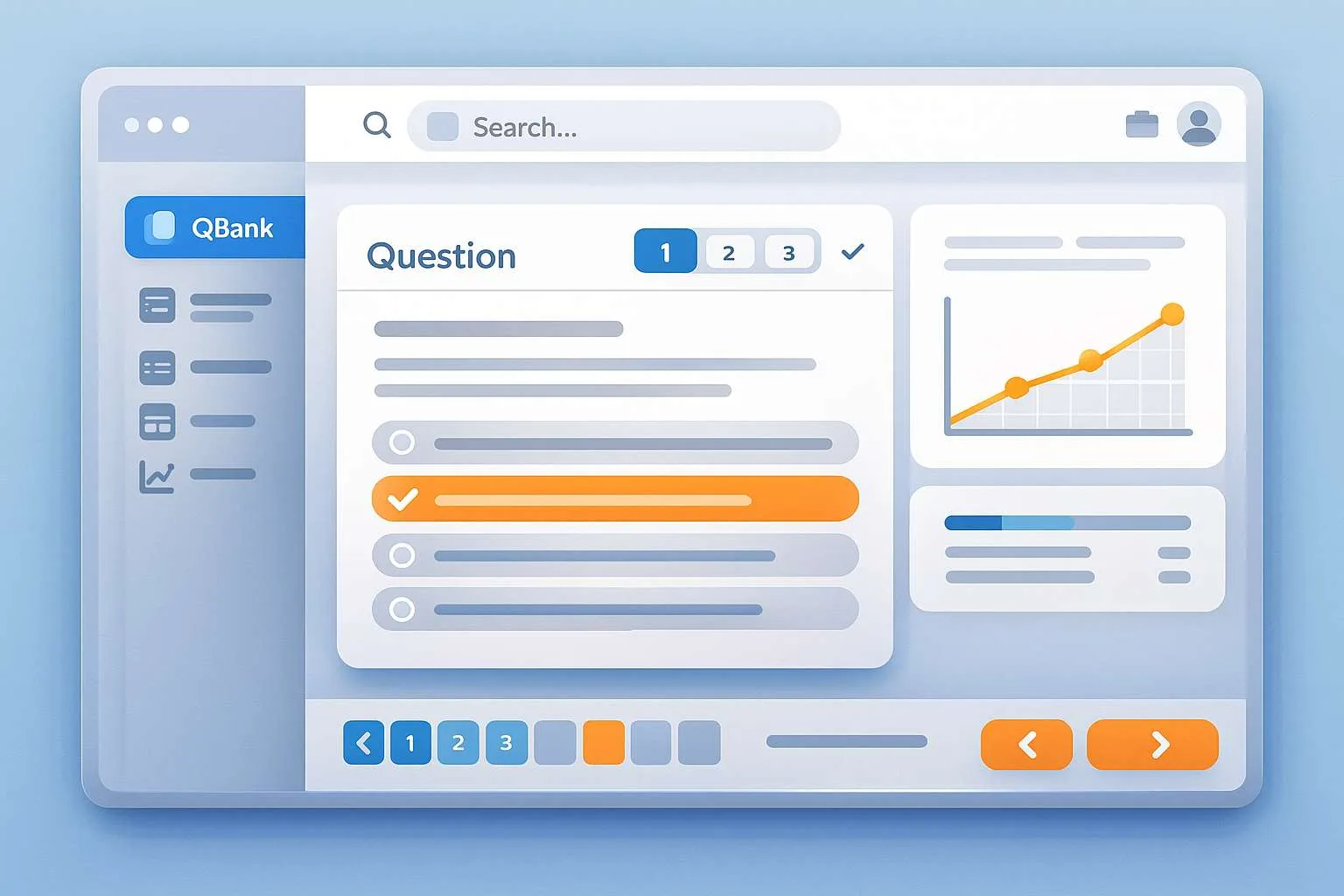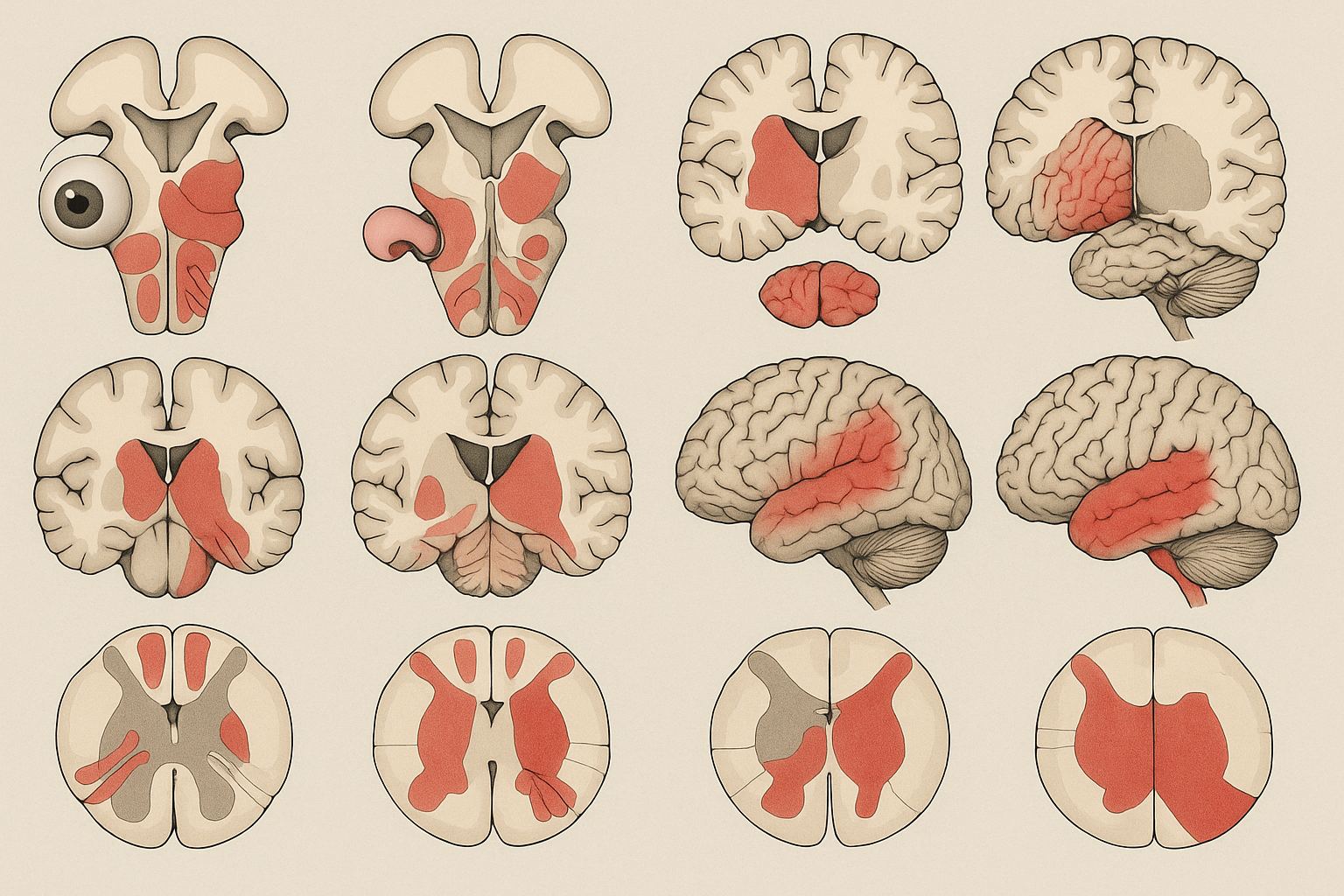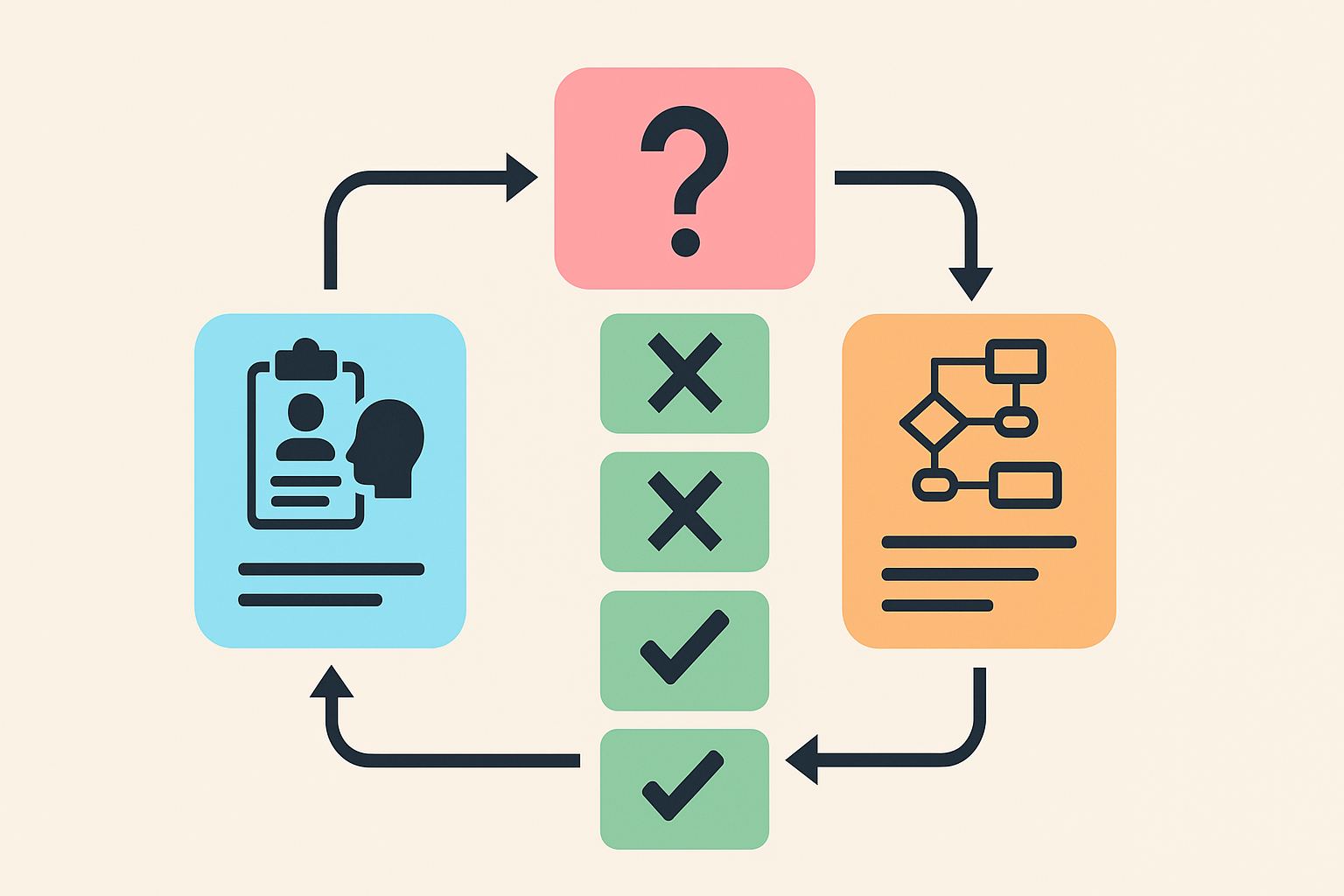MDSteps Integration Plan: Integrate UWorld Step 1 with MDSteps
Learn how to turn your UWorld Step 1 performance data into a personalized, adaptive learning engine using MDSteps’ analytics, flashcards, and auto-generated study plans.
Why Integrating UWorld with MDSteps Unlocks True Mastery
Most students treat UWorld Step 1 as a stand-alone question bank, but real progress begins when its performance data fuels an adaptive system. MDSteps allows you to import topic-level metrics, correlate weak areas across organ systems, and automatically create targeted review tasks. This transforms raw question results into a structured feedback loop—essential for high-retention learning and NBME-style mastery. In this article, we'll show you how to integrate UWorld Step 1 with MDSteps to create a fully adaptive learning engine, not just a QBank.
Within the first 100 questions, patterns of cognitive bias and topic fatigue emerge. By feeding these insights into MDSteps’ adaptive QBank, the platform recalibrates your daily mix of physiology, pathology, and pharmacology questions to mirror your evolving profile. Instead of repeating errors, you re-encode mechanisms until accuracy stabilizes above 85 %—the typical Step 1 readiness threshold.
Mapping UWorld Categories to MDSteps Analytics Dashboards
UWorld classifies questions by system and discipline. MDSteps takes this further by converting them into a multidimensional heat map showing strengths, blind spots, and inter-topic overlaps. After each 40-question block, upload or manually enter category percentages. The dashboard automatically generates trend lines over time.
| UWorld Category | MDSteps Analytics Metric | Interpretation |
|---|
| Cardiovascular Physiology | Concept Retention Index (CRI) | < 70 % = requires spaced recall session |
| Microbiology Pathogens | Pattern Recognition Score | Low = review image-based differentiators |
| Pharmacology Mechanisms | Error Cluster Analysis | Repeating same drug class confusion |
Each metric feeds into MDSteps’ readiness scale, visible as color-coded bars across the dashboard—making trend recognition effortless.
Auto-Generating Flashcards from Missed Questions
Every UWorld miss is a potential flashcard. With MDSteps, missed items are tagged and instantly transformed into spaced-repetition cards. Each card auto-pulls high-yield facts, mechanisms, and distractor rationales. Export them directly to Anki or keep them within MDSteps’ built-in flashcard interface, which tracks your ease and recall interval. This ensures that low-confidence topics resurface precisely before memory decay occurs.
- Automatic extraction of keywords and tested mechanisms
- Dynamic intervals based on confidence ratings
- Tagging by system, subject, and NBME task category
Within two weeks, this process converts passive review into a cumulative, high-retention library of recall triggers.
Master your USMLE prep with MDSteps.
Practice exactly how you’ll be tested—adaptive QBank, live CCS, and clarity from your data.
What you get
- Adaptive QBank with rationales that teach
- CCS cases with live vitals & scoring
- Progress dashboard with readiness signals
No Commitments • Free Trial • Cancel Anytime
Create your account
Adaptive QBank Sync: Learning from Your Mistakes
After enough data points, MDSteps recalibrates its adaptive QBank to emphasize the cognitive patterns underlying your errors—not just the subjects. For instance, if you repeatedly miss two-step pathophysiology logic questions, MDSteps prioritizes those question types across different systems until the underlying reasoning flaw is corrected. The engine functions like a tutor that learns your weaknesses faster than you do.
Because both systems use NBME-style taxonomy, each MDSteps session directly reinforces your UWorld learning without redundancy. This integrated cycle—Question → Feedback → Adaptation—saves roughly 25 % study time across a six-week intensive plan.
Building the Integrated Study Schedule
Combine both platforms with a rhythm that maximizes efficiency. Here’s a model weekly schedule for mid-prep students:
| Day | Primary Task | Integration Action |
|---|
| Mon–Tue | UWorld Blocks (80 Qs) | Upload results → tag missed concepts |
| Wed | MDSteps Adaptive QBank | Focus on flagged weak topics |
| Thu | Flashcard Review | Auto-generated from recent misses |
| Fri | Mixed Timed Blocks | Monitor dashboard trend shift |
| Weekend | NBME-style Simulation | Export scores → MDSteps analytics |
Students report greater endurance and smoother recall transitions after implementing this balanced approach.
Data-Driven Readiness and Score Prediction
MDSteps aggregates your UWorld block performance and adaptive-QBank metrics into a composite “Readiness Index.” The algorithm weighs recency, difficulty, and consistency to forecast your Step 1 equivalent score. As the Readiness Index stabilizes within ±5 points over three consecutive weeks, most users achieve real-exam scores within that margin—offering a quantifiable benchmark for timing your NBME or scheduling your test date.
This predictive model transforms anxiety into data-driven decision-making, ensuring you sit for the exam only when objective indicators align with your goal score.
Common Integration Pitfalls and How to Avoid Them
- Over-annotation: Summarize key mechanisms; avoid rewriting entire explanations.
- Neglecting trend review: Re-check dashboards weekly to detect regression.
- Flashcard overload: Cap new cards at 40 per day to preserve recall spacing.
- Ignoring fatigue metrics: MDSteps tracks time-on-task—use it to schedule breaks.
Addressing these pitfalls keeps your study cycle efficient and sustainable through the high-volume UWorld grind.
Rapid-Review Checklist: UWorld–MDSteps Integration Essentials
- Import UWorld data weekly into MDSteps analytics
- Generate adaptive flashcards from every missed question
- Alternate UWorld and MDSteps QBank blocks for reinforcement
- Use Readiness Index trends to time NBME assessments
- Maintain a maximum of 2 hours/day on explanation review
Integration turns data into direction. Treat UWorld as the diagnostic engine and MDSteps as the adaptive therapy that strengthens your weak systems—together forming a closed-loop learning environment built for Step 1 success.
External References: USMLE Official Site · UWorld Step 1 QBank · MDSteps Adaptive Platform
100+ new students last month.






